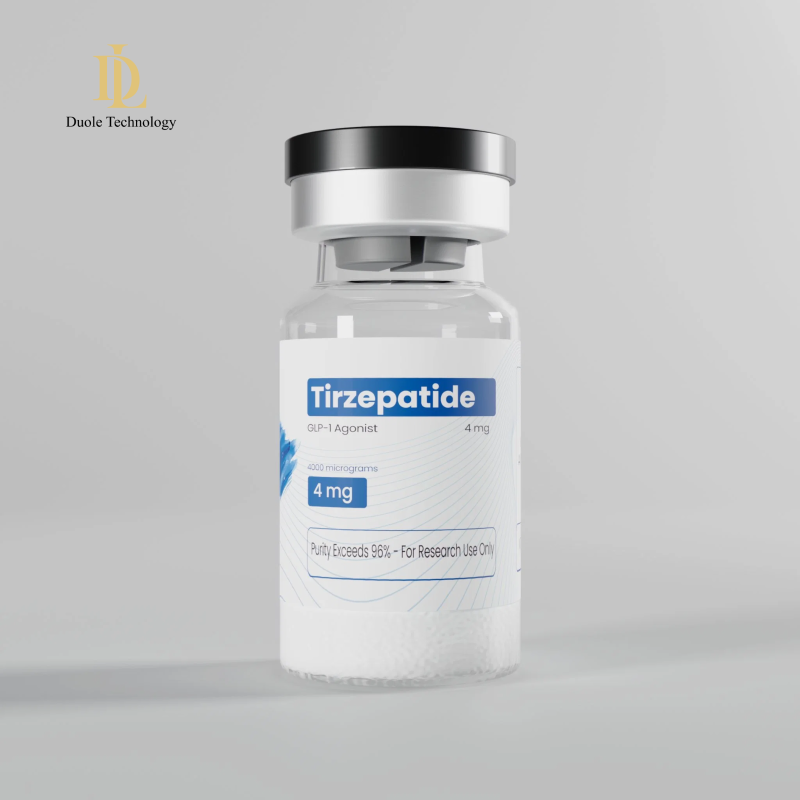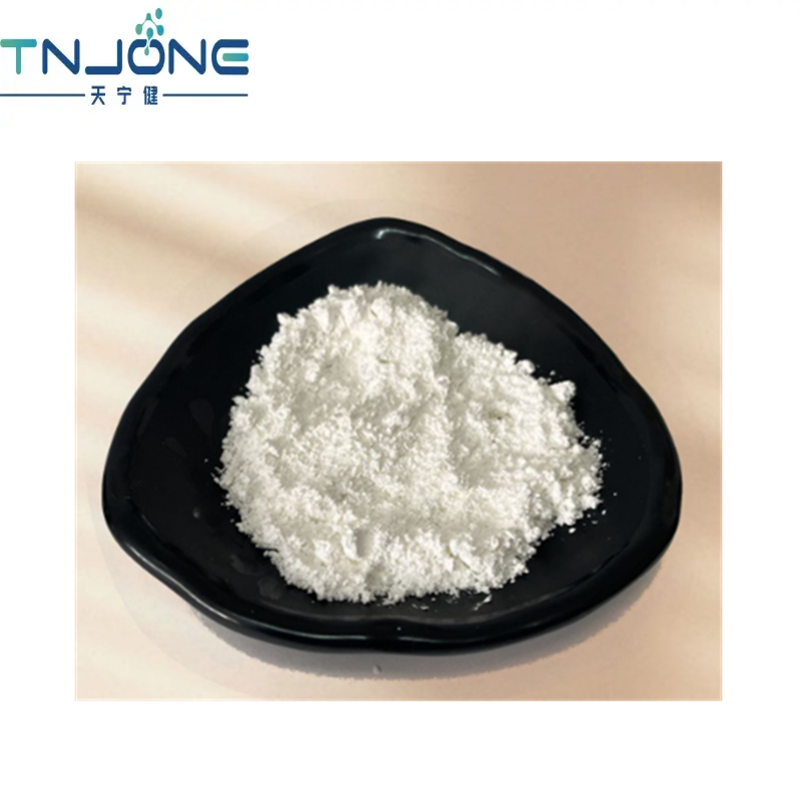-
Categories
-
Pharmaceutical Intermediates
-
Active Pharmaceutical Ingredients
-
Food Additives
- Industrial Coatings
- Agrochemicals
- Dyes and Pigments
- Surfactant
- Flavors and Fragrances
- Chemical Reagents
- Catalyst and Auxiliary
- Natural Products
- Inorganic Chemistry
-
Organic Chemistry
-
Biochemical Engineering
- Analytical Chemistry
-
Cosmetic Ingredient
- Water Treatment Chemical
-
Pharmaceutical Intermediates
Promotion
ECHEMI Mall
Wholesale
Weekly Price
Exhibition
News
-
Trade Service
CompilationTom Lee
A few days ago, Takeda’s investment in gene therapy reached a new peak in a research collaboration on Tuesday.
The company’s gene therapy cooperation agreement with Poseida Therapeutics has a market value of US$3.
6 billion
.
Takeda and Poseida signed a research cooperation and exclusive license agreement.
Both parties will use Poseida's piggyBac, Cas-CLOVER, biodegradable DNA and RNA nanoparticle delivery technology and other proprietary genetic engineering platforms to develop up to 8 gene therapies
.
The cooperation will focus on the development of non-viral in vivo gene therapy projects, including Poseida's hemophilia A project, and Takeda will provide funding for the research and development costs of all cooperative projects
.
Poseida will receive up to $45 million in advances and preclinical milestone payments.
Poseida will be responsible for leading research activities until Takeda completes the selection of drug candidates, after which Takeda will be responsible for further development and commercialization of the drug
.
The timetable and specific details of this cooperation are kept confidential, even in the documents of the Securities and Exchange Commission.
Although this is the first major cooperation reached by Poseida, for Takeda, the company has long been trying to get a share of the gene therapy field
.
Just last week, Takeda announced that it would provide up to $1.
P-FVIII-101, a subsidiary of Poseida, uses the company's piggyBac gene insertion technology and nanoparticle delivery, and introduces therapeutic genes to try to solve the defects of factor VIII in patients with hemophilia
.
In a mouse study, Poseida reported that its gene therapy can correct the lack of clotting protein to near normal levels
Non-viral gene therapy has gradually attracted interest in the field of pharmaceutical research and development, because the technology circumvents the safety issues related to the treatment of adeno-associated viruses in this field.
The safety of products has also increased attention
.
Madhu Natarajan, head of Takeda's rare disease drug discovery department, said that Poseida's different technical methods show the prospect of developing non-viral in vivo gene therapies, which can complement and enrich Takeda's existing product line
However, Takeda's competitors seem to have taken the lead
.
Pfizer and its partner Sangamo Therapeutics have conducted phase 3 clinical testing of their gene therapy candidate drugs
Reference source:
Reference source:1.
1.
2.
3.
Takeda broadens gene therapy scope, turns to Poseida for non-viral approach







